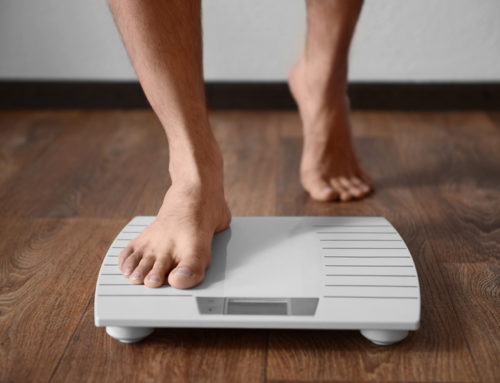 There has been debate about whether addiction transfer to alcohol abuse is a significant issue following weight loss surgery — that is, if food addiction issues, such as binge-eating, can shift to alcohol abuse after surgery. Several headlines in the news have talked about the potential of patients starting binging on alcohol to feel the familiar buzz of food-binging.
There has been debate about whether addiction transfer to alcohol abuse is a significant issue following weight loss surgery — that is, if food addiction issues, such as binge-eating, can shift to alcohol abuse after surgery. Several headlines in the news have talked about the potential of patients starting binging on alcohol to feel the familiar buzz of food-binging.
To address whether alcohol consumption habits change after surgery, Stanford researchers surveyed patients before and after weight loss surgery. They found that the patients reported consuming fewer drinks at one time after surgery, as well as drinking fewer times each week. Their alcohol preference didn’t change in terms of wine vs. beer vs. hard liquor. Additionally, the results indicated that 40 percent fewer patients drank alcohol at all after weight loss surgery. Further research of 121 post-op patients found that there was no statistically significant difference in alcohol abuse and actually there was less post-op alcohol abuse reported, from 21 percent pre-op to 17 percent post-op. The end result and key finding of the research was that there was no evidence for post-operative addiction transfer to alcohol abuse. The researchers also found that whether a person was a drinker or not did not seem to affect the amount of weight lost after bariatric surgery. Weight loss surgery patients, however, should exercise caution when drinking alcohol, as it has calories and can lower inhibitions, making it more likely for patients to make poor food choices.







Leave A Comment